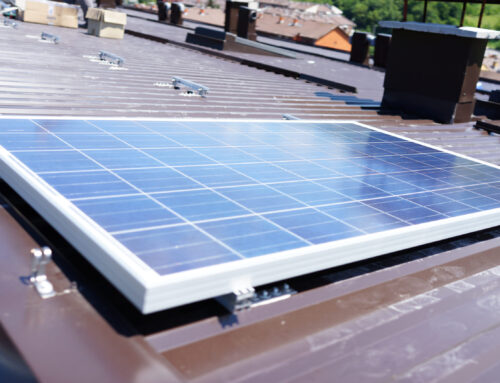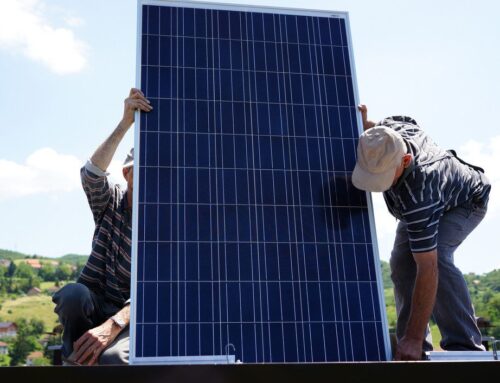According to the United States Energy Information Administration, solar energy contributes to 2.3% of the national electricity generation. The potential remains staggering. PV panels installed on just 0.6% of the nation’s total land area would be enough electricity to power the entire United States.
Solar panels are now more popular, affordable, and accessible than ever before. Part of this upsurge in renewable energy use can be attributed to the different solar financing programs available. To find the best option, you may need to figure out the estimated costs, budget estimates, and potential returns of each solar financing program.
Does Solar Financing Make Monetary Sense?
Solar panels are an asset to your business or home. The PV cells can help increase the value of your home, save on utility costs and improve your energy independence. While you may not be installing solar systems for the ROI solely, it is certainly one of the most enticing factors to make the switch.
First, you start making energy savings from day one. Electricity production allows you to reduce or eliminate your dependence on the utility company. Your installation can pay for itself by offsetting the electric bill costs over the years of service.
You also get to enjoy the incentives, tax rebates, and credits, providing additional savings. If you take a loan through the solar financing program, you can still claim the 26% federal Investment Tax Credit (ITC). Additionally, you can sell your energy certificates to the utility company that can help you accelerate your payback schedule.
Learn Your Solar Financing Program Options
Solar panel installation is a substantial investment that may have high upfront costs. You can choose to either buy in cash, loan, or lease the solar panel. Loan and lease programs are the most common, as more homeowners and property managers look to offset the initial costs.
Solar Loans
Solar loan programs are ideal financing options for customers that would wish to own the system right from day one. Successful applicants can finance the entire costs of the solar unit, including purchase and installation. The loans can be secured (with your property as collateral) or unsecured.
The advantage of seeking this type of solar financing program is that you can enjoy government subsidies and tax rebates to the full. In most instances, you can claim the interest on your loan as deductions on your taxes. Additionally, you may enjoy favorable interest rates through subsidizes solar loan programs. Lastly, you own the equipment from the time of purchase.
Solar Leasing Programs
Solar leasing or power purchase agreement is another popular option that you can take advantage of to switch to renewable energy. This solar financing program is similar to renting PV units. The third-party owner will carry out a solar installation on your property. In exchange, you pay them a below-market rate to use the solar electricity for an agreed period. You can save 10 to 30% of your monthly electricity bills with no upfront investment. However, as you do not own the system, you are not entitled to any rebates, tax credits, or other incentives.
Get the Right Financing Program
A solar panel installation can improve your property value, decrease your monthly electric bills and improve your energy independence. A favorable solar financing program can make it easy to enjoy these benefits. To understand more about Sonoma Counting solar program, contact Suntegrity Solar.


 Solar Company
Solar Company 



